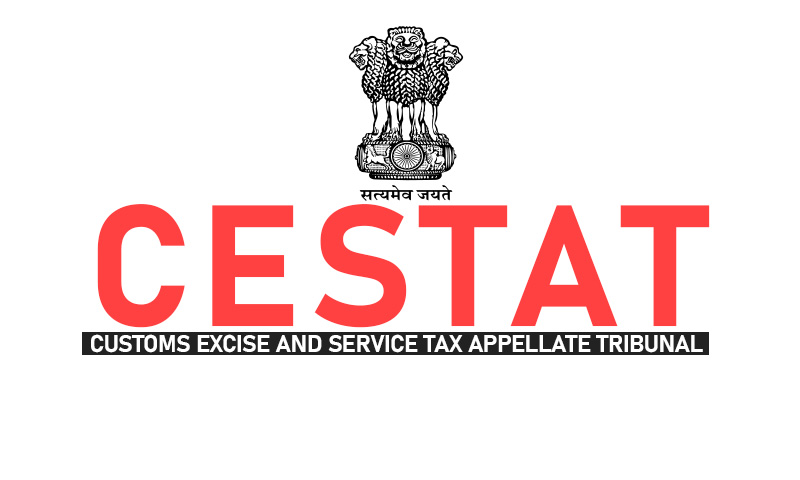No Service Tax Leviable On Toll Collection, Toll Collector Not A Commission Agent: CESTAT Mumbai
Parina Katyal
27 May 2022 1:30 PM IST

Next Story
27 May 2022 1:30 PM IST
The Mumbai Bench of Customs, Excise and Service Tax Appellate Tribunal (CESTAT) has ruled that any amount retained by a toll collector while undertaking toll-collection activity does not attract service tax since the said activity does not constitute a service rendered by a commission agent and thus it does not fall within the purview of a 'business auxiliary service' under the...
